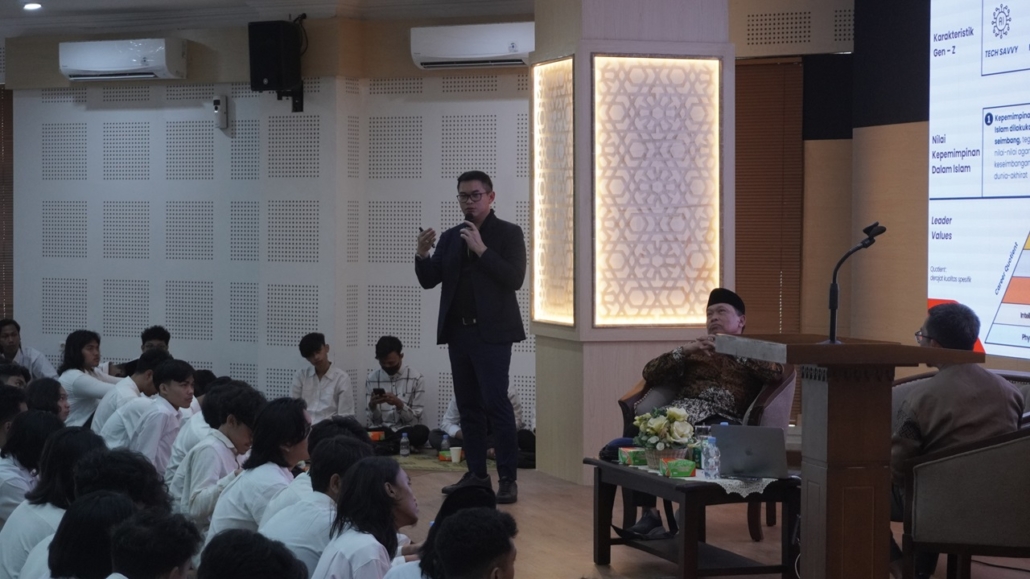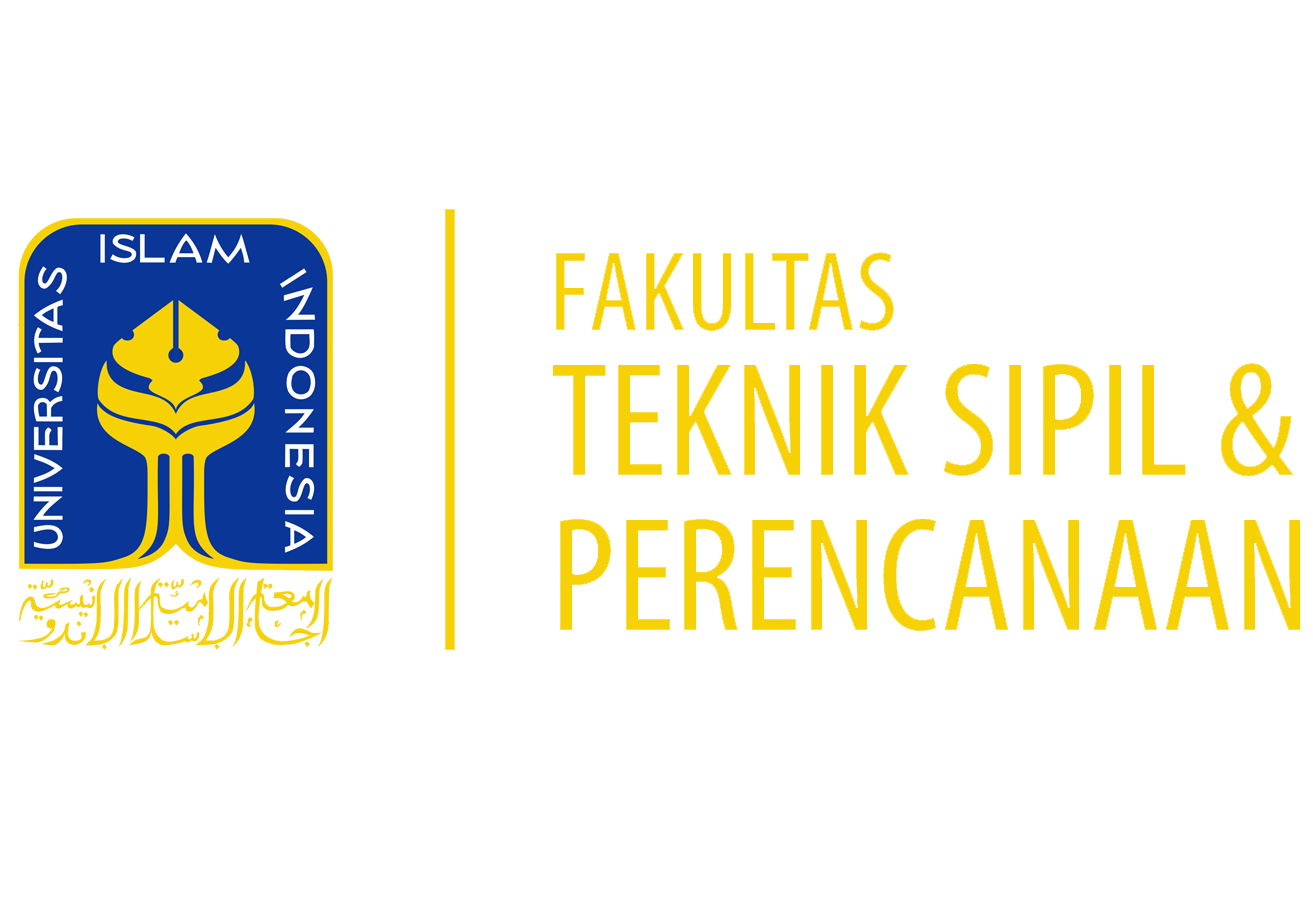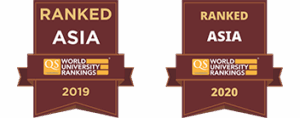Talkshow of Leadership and Da’wah Training for FTSP UII Students “Transformation of Leadership in Islam in the Gen-Z Era”

The alignment of Islamic leadership values from an early age will help in facing the future to have the capacity, norms and values of goodness. Leadership in Islam is carried out in a balanced manner, namely the upholding of religious values and the balance of the affairs of the world hereafter, emulating the behavior of uswatun hasanah. Islamic leadership must lead to the nature of progress, adaptation for the better, can build networking and sustain.
To support this, students can explore their potential including managing time well, prioritizing to focus on things that help self-development, looking for opportunities to improve skills, accepting input and opinions of others for self-development, controlling emotions and being able to show empathy to others, improving communication skills, expanding networks, and associating with people who can provide inspiration and support, setting specific goals to be achieved to provide direction and motivation to develop. “Student involvement in an organization is very important, because it can affect various positive developments and produce students who are more career-ready,” he said.

This was said by Ir. M. Erry Sugiharto, S.T., M.H., M.T, IPU .., Director of Human Resources of PT Pertamina (Persero) in a Talkshow on Leadership and Da’wah Training for students with the theme “Instilling Leadership Morals in the Digital Age” organized by the Directorate of Education and Islamic Religious Development (DPPAI) and supported by the Faculty of Civil Engineering and Planning (FTSP) of the Islamic University of Indonesia (UII) on 22 Dhulhijah 1445 H / 29 June 2024 at the Moh. Natsir Building Auditorium, FTSP UII Campus.

The event, which was officially opened by the Dean of FTSP UII, Prof. Dr.-Ing. Ir. Ilya Fadjar Maharika, MA, IAI, also presented speakers Drs. Imam Mudjiono, M.Ag., lecturer, trainer and motivator. In his material, he revealed that the main principles of Islamic leadership are Amanah, fairness and deliberation. A successful leader is usually supported by two things, namely leader soft skills and leader hard skills. Leader soft skills consist of communication skills, motivation, creativity, adaptation, empathy, integrity, visionary, responsibility, trust and building dreams. “While the leader hard skills include teamwork, internal and external relationships, time management, collaboration, enthusiasm and having initiatives, ideas or ideas,” he said.
After the presentation of the two speakers, it was continued with discussion and questions and answers guided by moderator Dr. Herman Felani, S.S., M.A.



